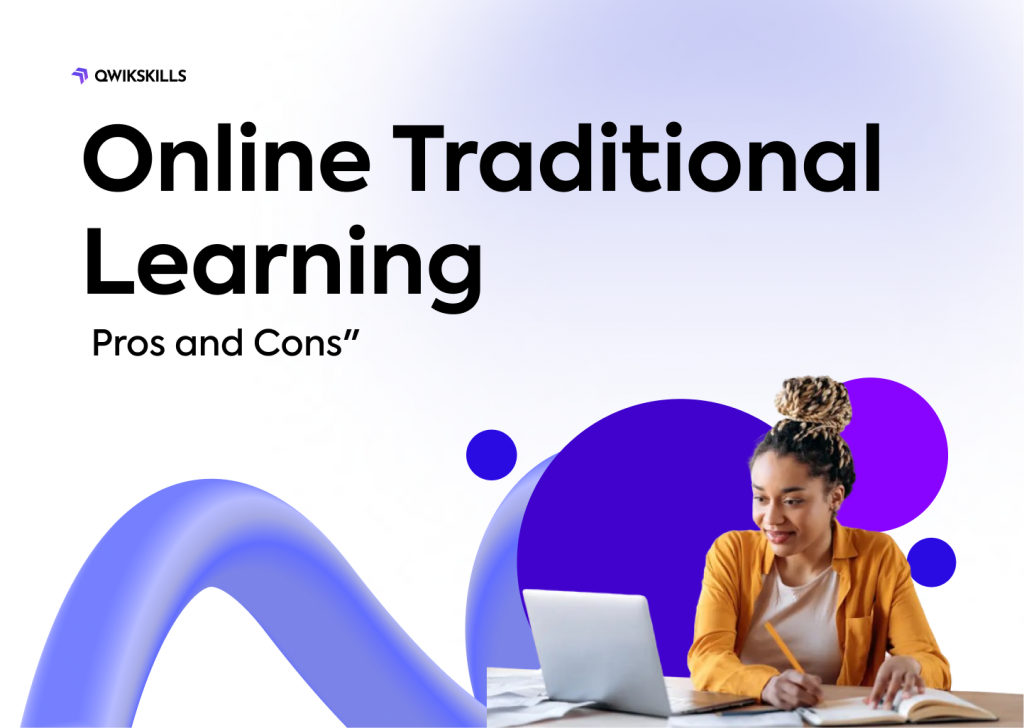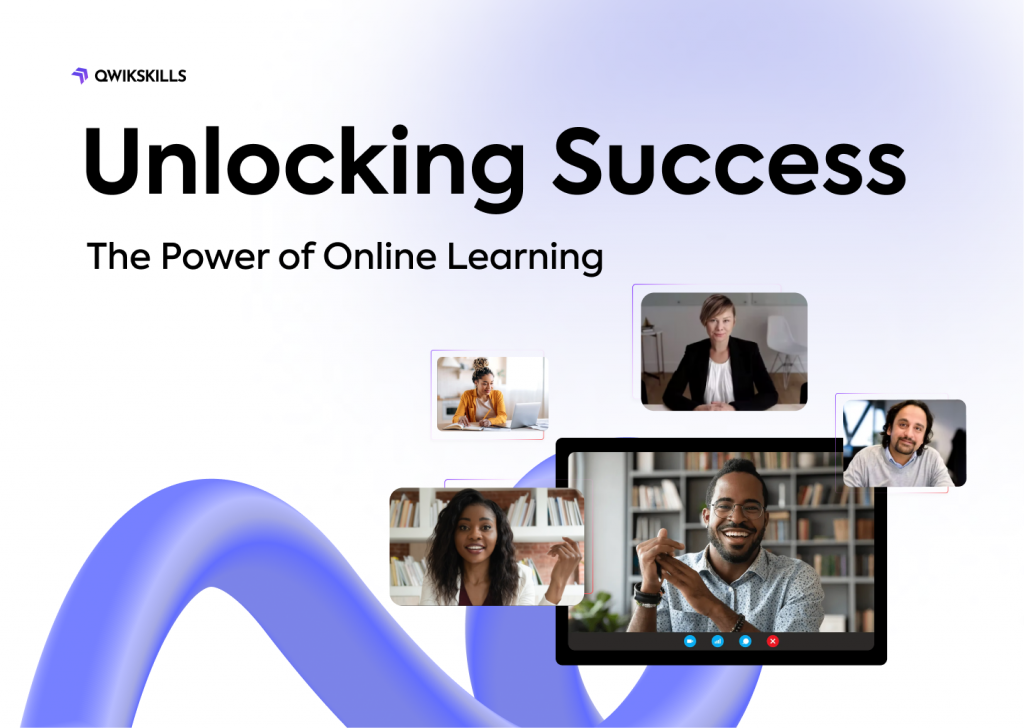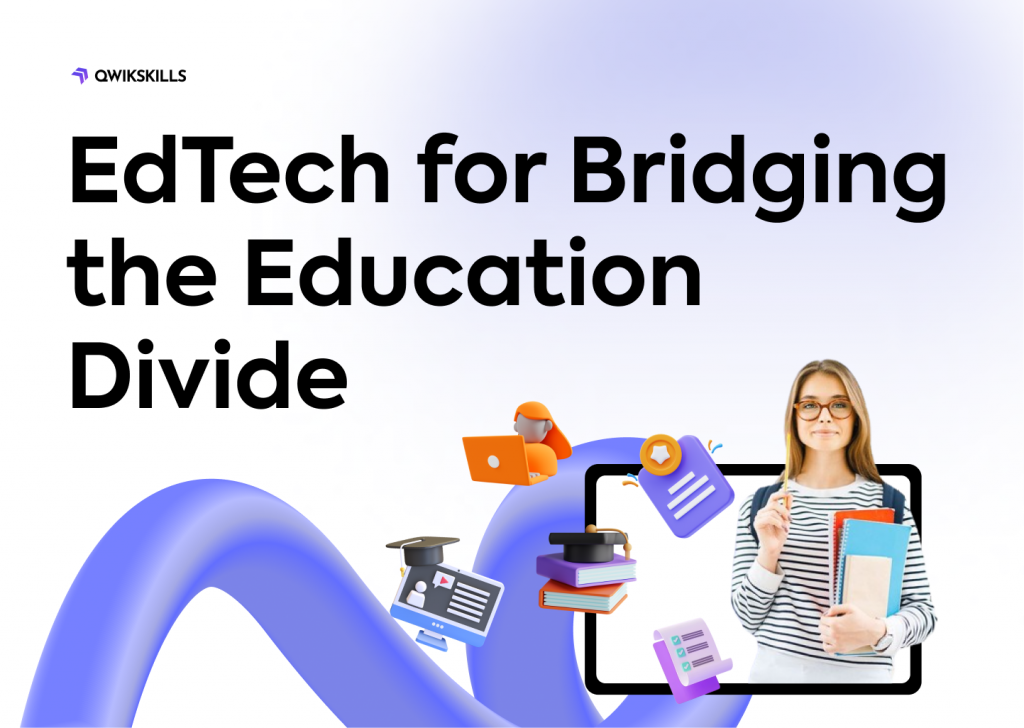Welcome, fellow knowledge seekers! In this post, we delve into the exciting and rapidly evolving world of online learning platforms. Let’s unravel the rewarding opportunities they present, while also taking note of the challenges we might face in this digital educational terrain.
Overview of Online Learning Platforms
Online learning platforms, often referred to as e-learning platforms, are essentially digital classrooms. They facilitate access to a wide array of academic courses and educational resources right at your fingertips – all you need is an internet connection.
From video lectures and interactive quizzes to engaging discussion forums and certification programs, these platforms offer a comprehensive structure to meet your learning needs.
Importance of Online Learning in the Digital Age
The era of digitization has propelled the emergence of online learning to the forefront. As technology continues to overhaul traditional methods, remote education empowers individuals by:
• Offering flexibility and convenience
• Facilitating lifelong learning
• Broadening horizons by making global education accessible
• Fostering self-paced learning
Stay tuned as we delve deeper into the intriguing pros and cons of these global learning tools.

Advantages of Online Learning Platforms
Online learning platforms have undoubtedly transformed the education landscape, offering numerous benefits that traditional brick-and-mortar institutions often cannot match.
Flexibility and Convenience for Learners
One of the foremost advantages of these online platforms is the flexibility and convenience they provide to learners. From attending classes in the comfort of your home to studying on the go, e-learning platforms offer a level of flexibility that can accommodate any lifestyle or routine.
Access to a Wide Variety of Courses
Online learning platforms offer a wide range of courses and programs. Whether you want to learn a new language, polish your computer programming skills, or earn a psychology degree, they can typically cater to your educational and personal interests.
Self-Paced Learning
Another benefit lies in the fact that e-learning allows for self-paced learning and individualized instruction. This means you can proceed at your speed, taking more time with challenging concepts and moving quickly through subjects where you’re more proficient.
Cost-Effectiveness and Affordability
Online learning platforms can be more budget-friendly than traditional education. The high costs of tuition, commuting, textbooks, and housing may be a barrier for many students. However, e-learning often offers affordable courses, and discounts, eliminating commuting and housing expenses.
Enhanced Learning Experience through Multimedia Resources
Finally, online learning platforms offer enhanced learning experiences thanks to the implementation of multimedia resources. From videos and podcasts to interactive quizzes and e-books, these platforms utilize a vibrant array of media to engage learners on various sensory levels.
Challenges in Online Learning
Despite the substantial benefits, the implementation of online learning platforms is not without its struggles. Let’s explore some of the stumbling blocks below.
Lack of Face-to-Face Interaction
Perhaps the most significant concern in e-learning is the lack of face-to-face interaction. While digital collaboration tools and video conferencing can simulate classroom chatter, the reality is many learners miss out on crucial socialization cues and interpersonal communication opportunities.
Technical Issues and Connectivity Problems
From erratic internet connections to device compatibility issues, technical disruptions can create roadblocks in an otherwise smooth learning experience. Students and educators alike must navigate a plethora of software applications, learning management systems, and digital tools.
Self-Discipline and Time Management
E-learning’s flexibility can be challenging for some students, requiring strong self-discipline and time management. Additionally, home distractions can lead to procrastination and hinder learning productivity.
Limited Personalized Support and Feedback
Online learning platforms often struggle to provide personalized support. In a traditional classroom, instructors can give immediate feedback and quickly identify students who might be struggling. However, with online learning, those signals may be harder to spot, and learners may feel they’re on their own.
Digital Divide and Accessibility Issues
Finally, the issue of the digital divide cannot be ignored. Not everyone has equal access to the required technology or stable internet connectivity. This reality can lead to educational inequality where lower-income students may struggle to participate in e-learning due to socio-economic barriers.
Impact of Online Learning Platforms
Online learning platforms are revolutionizing the landscape of education, moulding it with boundless opportunities and undeniable flexibility. Packed with numerous advantages, these platforms have left an indelible impact on various facets of education, discussed in detail below.
Increasing Education Accessibility
Online learning platforms have revolutionized education by making it available for everyone, regardless of location, age, or socio-economic status. Whether you’re a retiree exploring a hobby, a stay-at-home parent gaining professional skills, or a student in a rural area, these platforms offer knowledge to all.
Facilitating Lifelong Learning and Development
E-learning platforms also promote lifelong learning and professional development. The wide array of courses and modules available caters to different interests and levels of expertise. Be it learning a new language, acquiring leadership skills, or mastering the latest software, these platforms keep learners updated and competitive.
Enabling Remote Education during Emergency Situations
Furthermore, online educational platforms have been a boon in emergencies, like the recent COVID-19 pandemic, enabling a seamless transition from traditional classroom learning to remote education. This ensured continuity of education, showcasing the resilience of the sector in the face of adversity.
Strategies to Overcome Challenges in Online Learning
Education is continuously evolving, and in this digital age, online learning platforms are now at the forefront. As beneficial as e-learning can be, it also possesses its share of challenges. Let’s dig into the solutions that can help us overcome these obstacles and make the most of remote education.
Promoting Student Engagement and Interaction
The lack of face-to-face interaction in e-learning can lead to feelings of isolation. To address this, we can:
- Encourage group work with social interaction tools.
- Create online discussion forums to foster better communication.
- Utilize real-time interactive features like live chats for an immersive learning experience.
Providing Technical Support and Resources
Technical issues can rapidly become roadblocks for online learners. Institutions can look to:
- Establish a helpdesk or support system to assist students with technical issues.
- Provide resource libraries like video tutorials or manuals for better navigation of the learning platform.
Implementing Effective Time Management
Remote education demands effective self-management. Here are a few tips that can help:
- Using online schedulers and reminders.
- Implementing the theory of chunking, dividing study time into small, manageable segments.
- Offering guides or courses in time management skills.
Incorporating Personalized Feedback and Support Systems
Feedback is crucial in e-learning for gauging a student’s progress. Hence, consider:
- Providing timely feedback through the online platform.
- Implementing a system for constant interaction between tutors and students.
- Using AI-based systems that adapt to a student’s learning pace and style.
Addressing the Digital Divide
Not everyone has equal access to technology, creating a digital divide. Suggestions to bridge this gap include:
- Formulating policies for subsidized or free internet access to low-income students.
- Investing in infrastructure to offer free public Wi-Fi or school-provided devices.
- Including digital literacy courses in the curriculum to equip learners with required digital competence.
Future Trends in Online Learning Platforms
As online learning platforms continue to expand, new trends and technologies are emerging that can further personalize and enrich the learning experience. Let’s take a glimpse into the future of e-learning.
Artificial Intelligence and Adaptive Learning Solutions
Artificial Intelligence can enrich online education by creating personalized learning routes tailored to each individual’s pace and style. By analyzing patterns, AI can suggest suitable study materials. Moreover, AI is being used to develop more effective and efficient adaptive learning solutions.
Gamification and Immersive Learning Experiences
Learning doesn’t have to be boring—gamification and immersive technologies like augmented and virtual reality are changing the way we learn. These tools can make learning interactive, engaging, and fun. Imagine learning history by virtually visiting ancient Rome or understanding physics through game-based challenges!
Microlearning and Bite-sized Content
Another noteworthy trend is the shift towards microlearning. Short, concise pieces of information that can be quickly understood and used. With the rise of mobile learning, bite-sized content allows learners to consume information at their own pace, fitting education into their busy lifestyles with ease.
Blockchain Technology for Accreditation
Blockchain technology enhances online education by providing a secure and verifiable method for storing accreditations, resulting in indisputable proof of academic accomplishments, especially beneficial for distance learning.
Conclusion
In summary, online learning platforms are transforming education in radical ways, making higher-quality learning accessible to more people. However, this transformation is not without its challenges. Understanding these challenges and working towards solutions is a key step in ensuring the future success of e-learning.
QwikSkills – Making Online Learning Better
QwikSkills allows personalized learning paths to hone specific areas of interest more efficiently. The platform offers interactive tools which recreate the classroom experience. Plus, it provides continuous support to deal with technicalities and guide learners throughout their journey.
Through concerted efforts, online learning can be improved and reach its full potential, spreading quality education to all corners of the globe.




